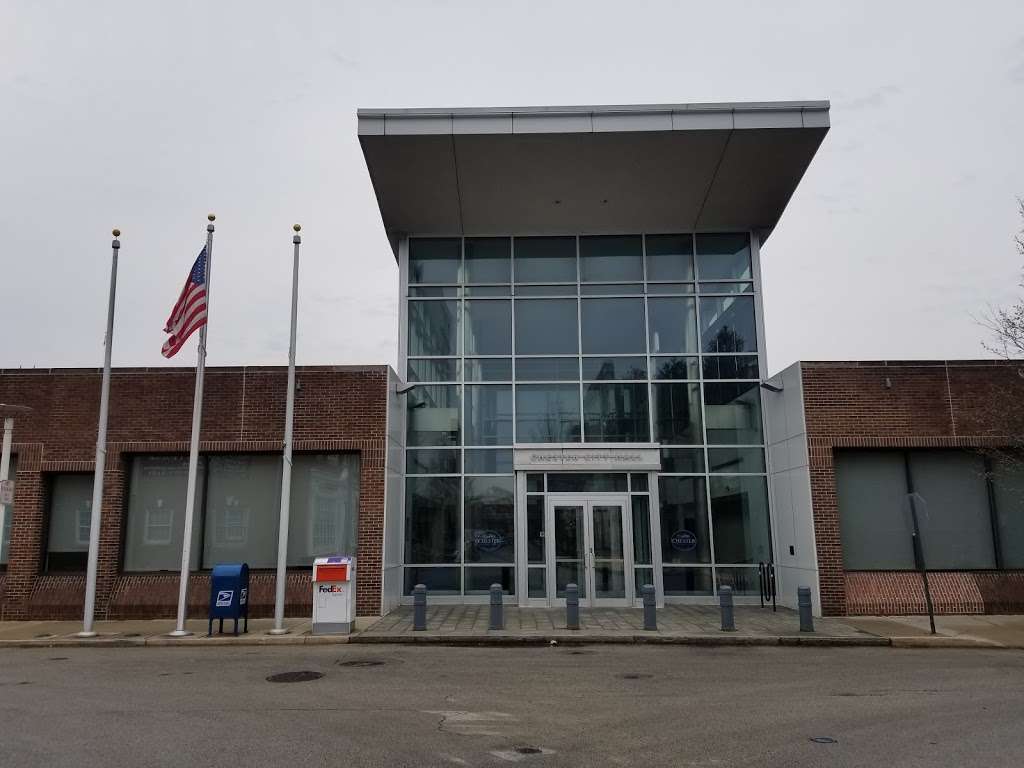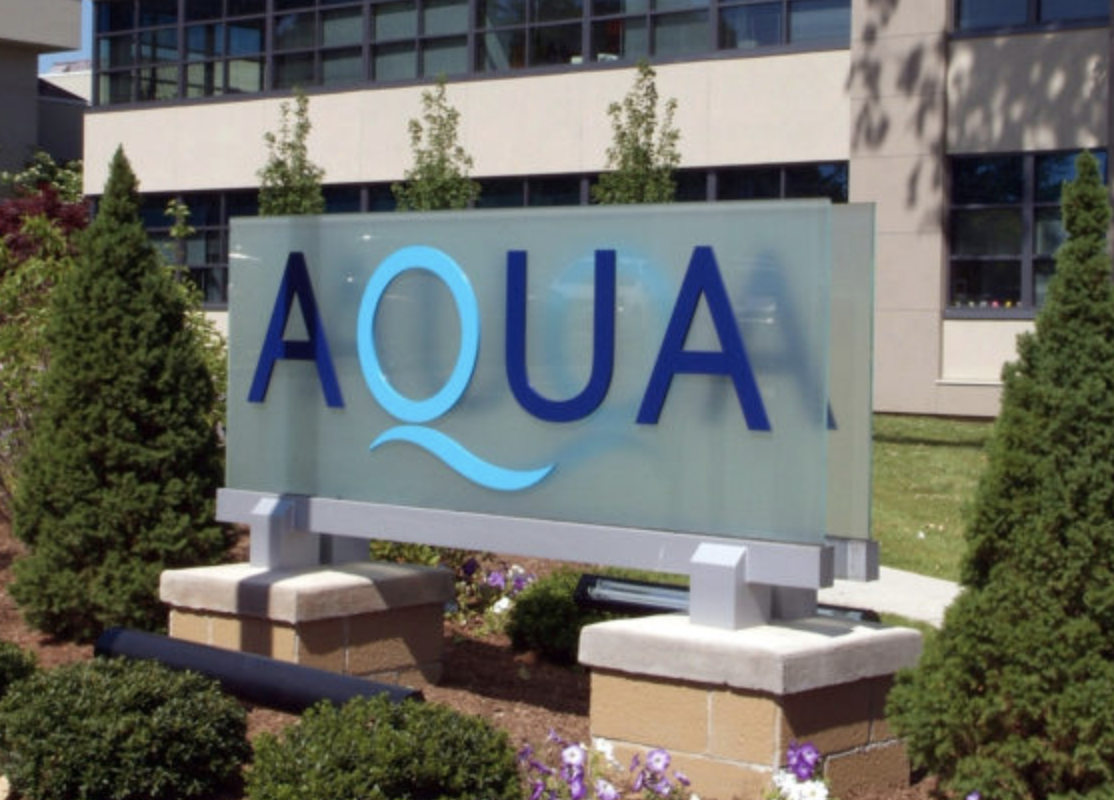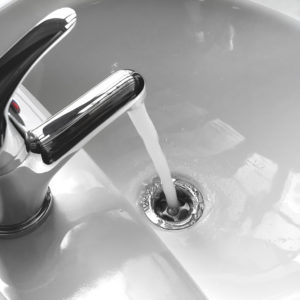State Officials Want City of Chester Receiver to Stay on the Job

Department of Community and Economic Development Secretary Rick Siger asked a judge last week to extend Michael Doweary’s tenure overseeing the city of Chester’s finances. Court documents show the DCED is convinced Chester will remain in a state of fiscal emergency “for at least the next two years.”
Doweary, who was appointed to the job three years ago by former Gov. Tom Wolf, was supposed to exit his position at the end of December.
Chester city officials like outgoing mayor Thaddeus Kirkland and Councilwoman Elizabeth Williams have made no secret of their hostility toward the state-appointed receiver. According to testimony and court findings, Kirkland called Doweary the “N” word, told him to “watch your back” and “your days are numbered.” Williams called Doweary a “slave master.”
Kirkland later apologized for his comments.
City officials have also gone to court to challenge Commonwealth Court Judge Ellen Ceisler’s January order that Doweary needs more control over city finances. DCED’s legal filing to Pennsylvania’s Commonwealth Court noted the state Supreme Court has yet to make a ruling in that case.
The filing said that a federal bankruptcy judge ruled in March the city was “eligible as a debtor” and for release under Chapter 9 bankruptcy. It included finding that the city met the definition of insolvent under the Bankruptcy Code because it didn’t pay debts when they were due or was “unable to pay its debts as they become due.”
Doweary previously told the DVJournal that Chester faces “a significant fiscal cliff” in 2025 because its “financial situation is critical, and it is running out of time to find a solution.”
The DCED defended Doweary’s time as Chester receiver, praising him for working with Chester elected officials and taking “many positive steps on the road to financial recovery.” That included hiring a chief of staff to run the government and suggesting that a chief financial officer (CFO) be hired in the future.
The state also blasted Chester officials, accusing them of financial mismanagement and lack of audited financial statements. Court documents show Doweary discovered the last audit was done in 2017 and only completed audits for 2018 and 2019 because of “the persistence of the professionals on my team.” Those audits painted the picture of a city in dire financial straits, with Siger claiming that Chester had a general fund revenue loss of around $6.8 million and a balance of negative $27.7 million.
A 2020 audit is ongoing.
Under those conditions, the state saw it as crucial to keep Doweary in power. “[T]he Receiver’s function and duties are still not complete, and the continuation of Receivership and the Receiver’s presence is critical to fully implement the 2023 Modified Plan and to bring the bankruptcy proceedings to a successful conclusion,” wrote DCED attorneys. “Such an extension is necessary if the city is to have any chance of recovering.”
Chester’s pension obligations were also mentioned as a reason for keeping Doweary on the job. An affidavit by Doweary claimed the city owes almost $40 million total to its Fire, Officers and Employees, and Police pension plans.
Most of the money is meant for the Police Pension Plan which, according to Doweary, was severely underfunded just a few years ago. “[The pension plan had] only $1.75 million in assets…when I was appointed in June 2020,” Doweary said in the sworn statement. “The $1.75 million in assets was sufficient to pay a mere three months’ benefits to current retirees. There is now $8.4 million in real assets as of June 2023.
City officials had hesitated to reduce pension outlays despite its massive weight on the budget. Doweary claims he’s been in mediation with the city’s unions, Retiree Committee, other creditors on some kind of solution to the Chapter 9 bankruptcy issues.
But Chester residents may not need to worry about higher taxes. Doweary has said he wants to avoid raising the earned income tax rate above the current 3.75 percent rate. That’s second in Pennsylvania, only to Philadelphia.
Chester’s government has had a major upheaval since its financial woes became public. Councilman Stefan Roots defeated Mayor Thaddeus Kirkland and real estate broker Pat Worrell in May’s Democratic primary for mayor. Roots does not have a Republican opponent in November’s general election.
Kirkland did not return a call for comment on Pennsylvania’s request to keep Doweary as Receiver.
It is not known when the Commonwealth Court will rule on the DCED’s request.











